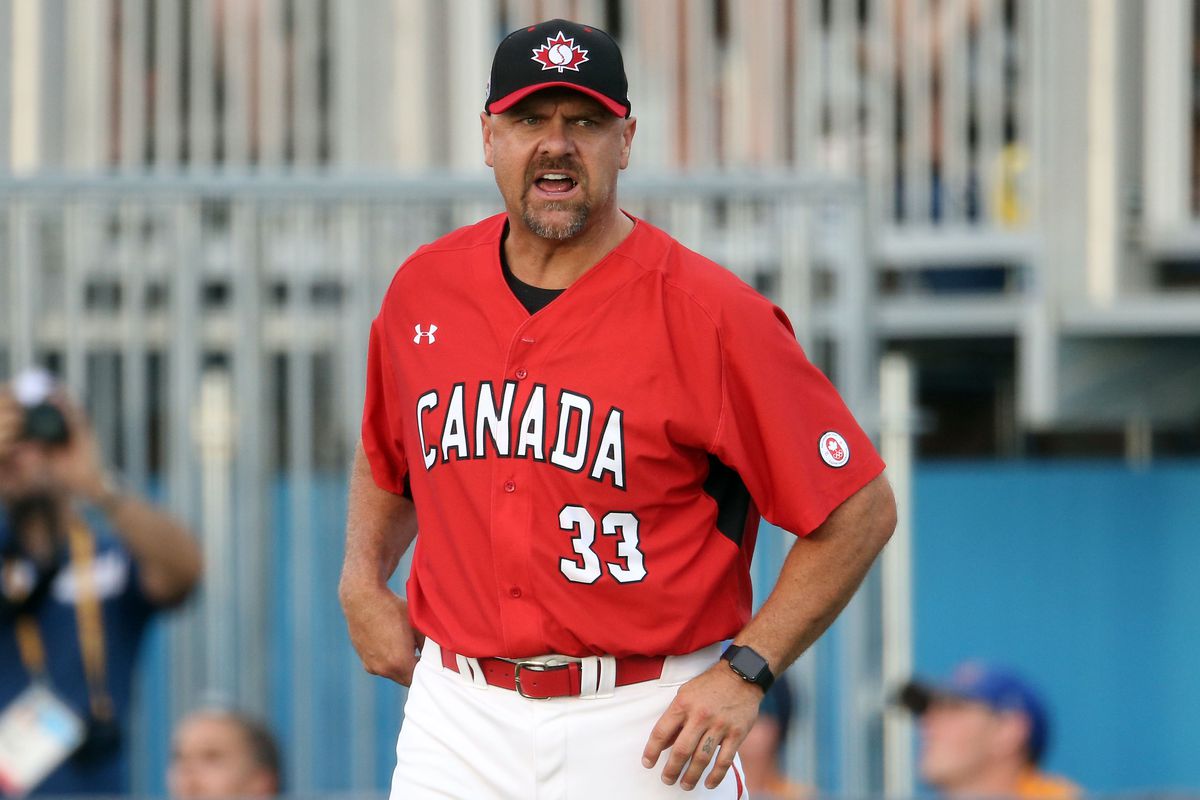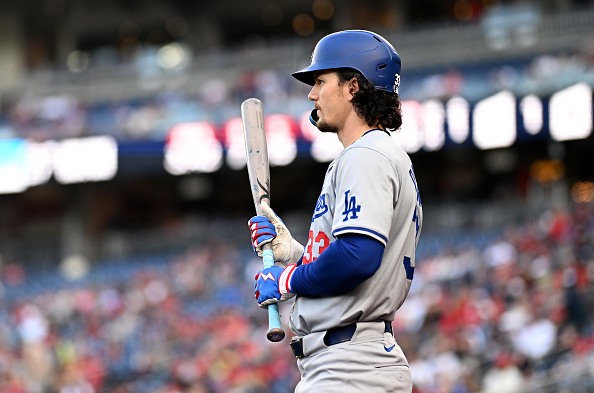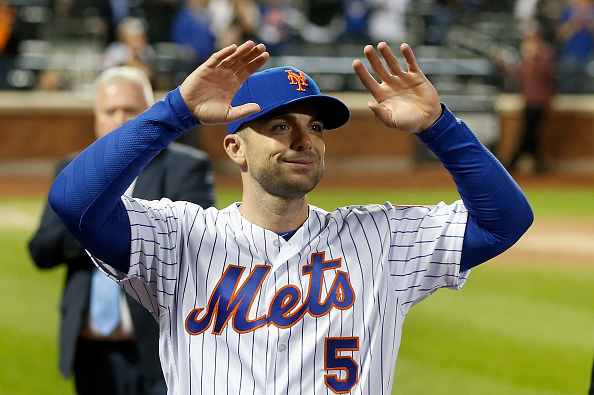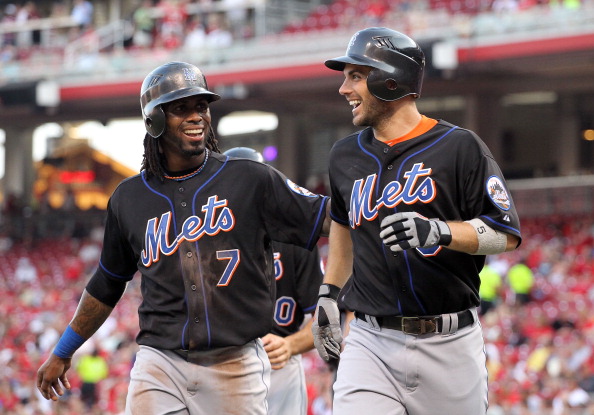Today, Larry Walker was voted into the National Baseball Hall of Fame Class of 2020 along with Yankee great Derek Jeter and Era Committee selections catcher Ted Simmons and player’s union pioneer Marvin Miller. It was Walker’s 10th and final year on the Baseball Writers Association of America ballot and Walker exceeded the 75 percent threshold for selection into baseball immortality.
Walker joins pitcher Fergie Jenkins as the second Canadian-born member of the Hall of Fame. Walker’s career began in his homeland when he made his major league debut at 22 years old with the Montreal Expos in 1989. Walker would finish seventh in the National League Rookie of the Year voting the next season and would go on to win two Gold Glove awards in right field for the Expos between 1989 and 1994. After six seasons in Montreal, Walker had become a great all-around player hitting .320 with 44 doubles, 19 home runs, and a .981 OPS. The MLB Players’ Strike of 1994 ended the season with the Expos favorites to contend for the World Series and it would also mark the end of Walker’s career for Montreal.
The Colorado Rockies signed Walker prior to the 1995 season going into his age-28 season and his career quickly began to soar into the stratosphere. Walker joined a line-up featuring fellow bashers Dante Bichette, Andres Galarraga, and Vinny Castilla to create one of baseball’s most lethal line-ups. While playing in the mile-high altitude of Coors Field would often keep some of the national media from giving Walker the credit he deserved, he was an All-Star-caliber ballplayer in the field, home or away. Walker’s production soared along with his notoriety around the sport as a great all-around hitter and right fielder you think twice about running on.
Larry Walker and several other Rockies hitters would have some great offensive seasons in Colorado but yet be denied votes for the National League Most Valuable Player throughout the 1990s. Walker would be the one to finally win the award in 1997 when finished the year hitting .366 with a league-leading 49 home runs and 120 runs batted in. Walker would also lead the National League with a .458 OBP, .710 SLG, and 1.148 OPS in 1997. Walker would lead the National League in hitting over three seasons in Colorado and finish his 10 years in Colorado hitting .334 with 297 doubles, 258 home runs, and an incredible 1.044 OPS. Walker would demonstrate highlight plays in the field by gunning down runners with his incredible throwing ability and his match-up with Randy Johnson in 1997 All-Star Game is one of the funniest of recent baseball history. Now, Walker will likely be the first Hall of Fame plaque to don a Colorado Rockies cap.
Walker would finish his career spending two seasons with the St. Louis Cardinals while hitting .286 with a .908 OPS, including a .357 in the 2004 World Series for the Cardinals. Walker would finish his career in 2005 with .313 lifetime batting average, 471 doubles, 383 home runs, and .965 OPS with Montreal, Colorado, and St. Louis. He was a five-time All-Star, seven-time Gold Glove award winner, and won three Silver Slugger awards while finishing in the top 10 in Most Valuable player voting four seasons.
Walker’s bWAR ranks him among the top 10 right fielders of all-time and now he can join the other nine in the Hall of Fame. Walker can begin planning his trip from Florida, with his bowling buddy Ted Simmons, to Cooperstown, where they both will be inducted into the Hall of Fame as members of the Class of 2020.







